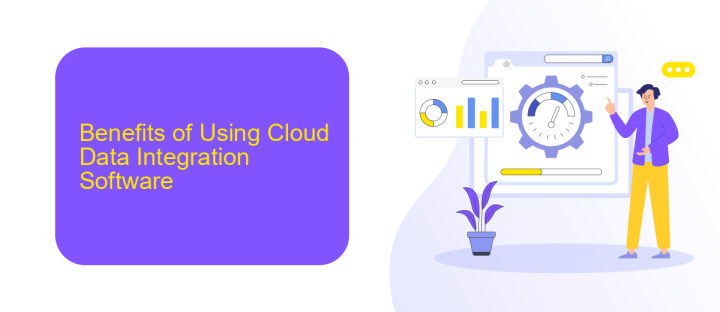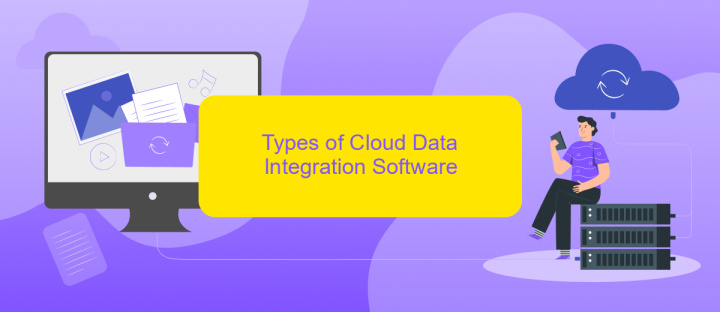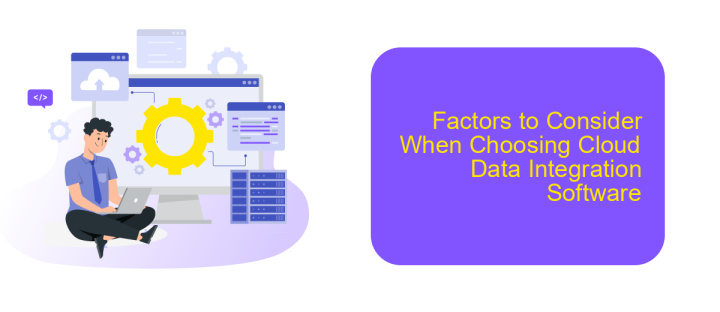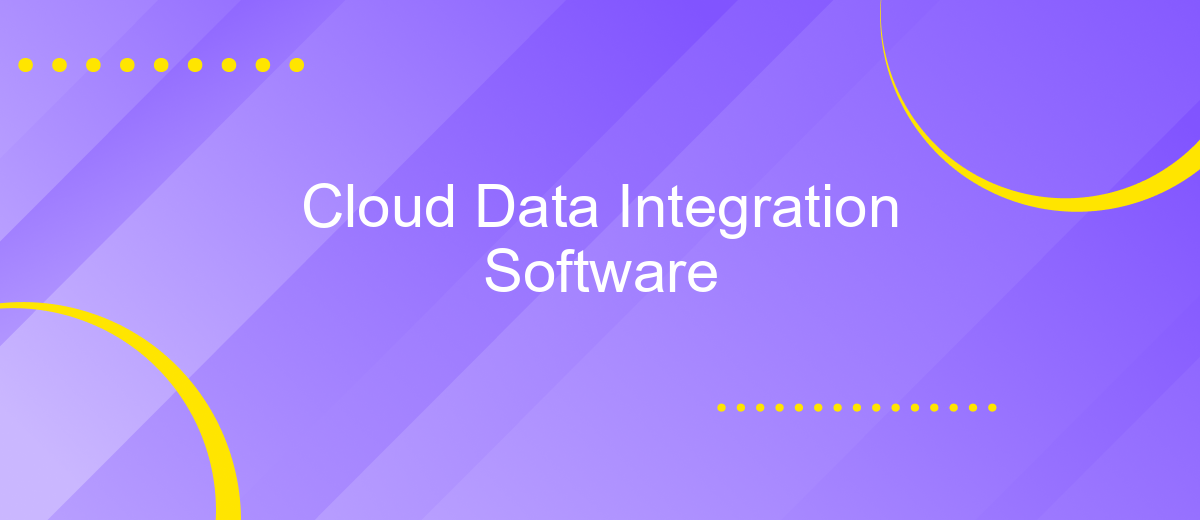Cloud Data Integration Software
Cloud data integration software has revolutionized the way businesses manage and utilize their data. By seamlessly connecting disparate data sources, these tools enable real-time data synchronization, improved data accuracy, and enhanced decision-making. As organizations increasingly adopt cloud-based solutions, understanding the benefits and functionalities of cloud data integration software becomes crucial for maintaining competitive advantage and driving operational efficiency.
Introduction to Cloud Data Integration Software
Cloud Data Integration Software revolutionizes the way businesses handle their data by seamlessly connecting various cloud-based applications, databases, and services. This technology enables organizations to efficiently manage and integrate data from multiple sources, ensuring that information is consistently updated and accessible across platforms.
- Automates data synchronization between different cloud services
- Enhances data accuracy and consistency
- Reduces manual data entry and associated errors
- Facilitates real-time data access and reporting
ApiX-Drive is an exemplary service that simplifies the setup of these integrations. It offers a user-friendly interface and robust features that allow businesses to create automated workflows without needing extensive technical expertise. By leveraging such tools, companies can focus more on strategic initiatives rather than getting bogged down by data management complexities.
Benefits of Using Cloud Data Integration Software

One of the primary benefits of using cloud data integration software is the ability to streamline data management processes. By integrating various data sources into a single, unified platform, businesses can ensure real-time data synchronization and accessibility. This not only enhances decision-making capabilities but also reduces the risk of data silos, ensuring that all departments have access to consistent and up-to-date information.
Another significant advantage is the scalability and flexibility offered by cloud-based solutions. Services like ApiX-Drive enable seamless integration without the need for extensive coding or technical expertise. This allows businesses to quickly adapt to changing needs and integrate new data sources as they grow. Moreover, cloud data integration software often comes with robust security features, ensuring that sensitive data is protected against breaches and unauthorized access. Overall, leveraging cloud data integration software can lead to improved operational efficiency, cost savings, and enhanced data security.
Types of Cloud Data Integration Software

Cloud data integration software comes in various forms, each tailored to meet specific business needs and technical requirements. These tools streamline the process of connecting, transforming, and managing data across different cloud environments.
- ETL Tools: Extract, Transform, Load (ETL) tools are designed to extract data from various sources, transform it into a suitable format, and load it into a target system. They are essential for data warehousing and analytics.
- iPaaS Solutions: Integration Platform as a Service (iPaaS) solutions enable seamless integration of applications and data across cloud and on-premise environments. They offer pre-built connectors and templates to accelerate integration processes.
- API Management Tools: These tools facilitate the creation, deployment, and management of APIs, enabling different applications to communicate and share data effectively. ApiX-Drive, for instance, offers a user-friendly interface for setting up integrations without coding.
- Data Virtualization Tools: These tools allow users to access and manipulate data without needing to know its physical location or format. They provide a unified view of data from multiple sources in real-time.
Choosing the right type of cloud data integration software depends on your specific needs, such as the complexity of your data workflows, the variety of data sources, and the level of automation required. Tools like ApiX-Drive can simplify the integration process, making it accessible even for non-technical users.
Factors to Consider When Choosing Cloud Data Integration Software

When selecting cloud data integration software, it is crucial to evaluate various factors to ensure the solution meets your business needs. The right software can streamline operations, improve data accuracy, and enhance decision-making processes.
First, consider the compatibility of the software with your existing systems. It should seamlessly integrate with your current tools and platforms to avoid disruptions. Additionally, assess the scalability of the solution to accommodate future growth and increased data volumes.
- Ease of Use: The software should have an intuitive interface that allows users to set up integrations without extensive technical knowledge.
- Security: Ensure the software offers robust security features to protect sensitive data during transfer and storage.
- Support and Maintenance: Reliable customer support and regular updates are essential for smooth operation.
- Cost: Evaluate the pricing model to ensure it fits within your budget while providing necessary features.
For instance, ApiX-Drive offers a user-friendly platform that simplifies the process of setting up integrations. It supports a wide range of applications and provides robust security features, making it a viable option for businesses of all sizes. By considering these factors, you can select a cloud data integration software that aligns with your operational requirements and long-term goals.
- Automate the work of an online store or landing
- Empower through integration
- Don't spend money on programmers and integrators
- Save time by automating routine tasks
Best Practices for Using Cloud Data Integration Software
When utilizing cloud data integration software, it is crucial to ensure data security and compliance. Implement encryption protocols and access controls to safeguard sensitive information. Regularly update your software to protect against vulnerabilities and comply with industry standards. Additionally, establish clear data governance policies to manage data quality and integrity effectively.
Another best practice is to leverage automation tools like ApiX-Drive to streamline the integration process. ApiX-Drive allows you to connect various applications and services effortlessly, reducing manual intervention and minimizing errors. Utilize its features to automate data synchronization, monitor integration performance, and receive real-time alerts for any issues. This not only enhances efficiency but also ensures that your data remains consistent and up-to-date across all platforms.
FAQ
What is Cloud Data Integration Software?
How does Cloud Data Integration Software benefit my business?
Can I integrate multiple cloud services and applications with this software?
Is it necessary to have technical skills to use Cloud Data Integration Software?
How do I automate data workflows using Cloud Data Integration Software?
Do you want to achieve your goals in business, career and life faster and better? Do it with ApiX-Drive – a tool that will remove a significant part of the routine from workflows and free up additional time to achieve your goals. Test the capabilities of Apix-Drive for free – see for yourself the effectiveness of the tool.


